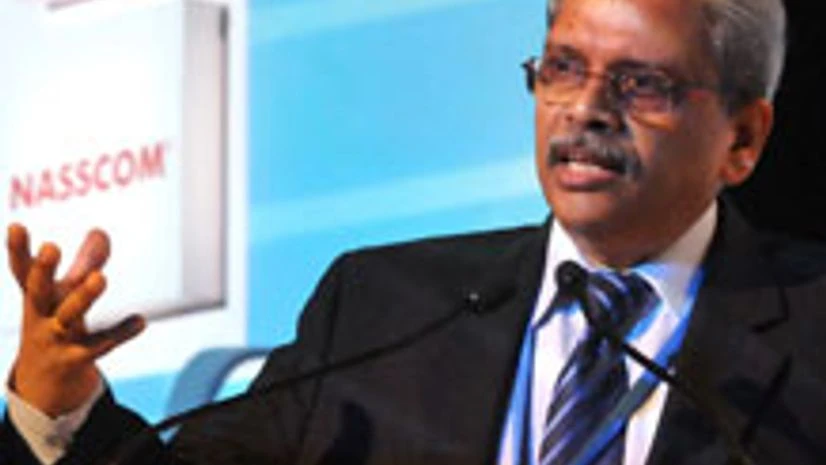For corporate India, the Reserve Bank of India (RBI)’s move to keep interest rates unchanged means tough days ahead. A substantial slowdown is expected in fresh investments, plus a fall in demand in rate-sensitive sectors such as housing and automobiles.
The prevailing high interest rates would put further pressure on companies to postpone new projects and delay the resumption of stalled projects worth $120 billion.
S Gopalakrishnan, president of the Confederation of Indian Industry, says though high interest rates are hurting industry, stabilising the rupee is the right priority, as of now. “In the next 12 months, we hope the situation will change such that rates will be cut by 100 basis points,” says Gopalakrishnan, also a co-founder and executive vice-chairman of Infosys.
Chief financial officers (CFOs) say as banks are already borrowing at more than 10 per cent from RBI’s marginal standing facility and have so far borrowed Rs 26,000 crore, it is obvious they would on-lend to companies at a much higher rate.
Chief executives said they had earlier expected some relief from RBI on the interest rate front, with the rupee falling against the dollar; in the last few days, expectations of rate cuts had faded. “It was expected RBI would not cut rates; so, we are not surprised,” said the chief executive of a large infrastructure firm.
In a recent report, CRISIL had said with interest rates rising, interest-sensitive sectors would take a hit. It had predicted car sales might decline two to three per cent, while demand for heavy and medium commercial vehicles would fall one to three per cent. Growth in new home sales would dip three per cent, the agency had cautioned.
ALSO READ: India Inc not happy with status quo on rates
CFOs say the liquidity squeeze by RBI’s recent moves wasn’t making much of a difference to the falling rupee. “I suspect RBI does not have many options open to it and, therefore, there is no point in speculating it. Let’s gear up to that and look at our business models and financial models more closely,” says Prabal Banerjee, president (international finance), Essar Group.
“I am inclined to draw the conclusion that monetary tools are gradually losing their relevance in controlling the Indian currency’s depreciation, though these are still relevant for controlling inflation directly. We need to understand with marginal standing facility costing banks at 10.25 per cent, the interest rate is already at a higher rate than the reverse repo rate for banks,” he adds.
RBI’s move to keep rates unchanged is also bad news for companies will very high debt and low profitability, such as the Adani group, Essar and Jaypee Group.
In a recently conducted survey on major hurdles to growth through the next 12 months, 56 per cent of respondents reported high interest rates as the primary barrier. In the Federation of Indian Chambers of Commerce and Industry (Ficci)’s recently released economic outlook survey, most respondents had anticipated a 50-75-basis point cut in the repo rate by the end of this financial year.
“It was indicated the repo rate could be 6.5-6.75 per cent by the fourth quarter of FY14. Also, the results of the survey indicated a cut in rates would be crucial for getting growth back on track,” said Ficci Secretary General Didar Singh. “With fresh investments not moving, it is becoming increasingly difficult to revive investor sentiment,” he added.
ALSO READ: PM, India Inc discuss sovereign bond

)
